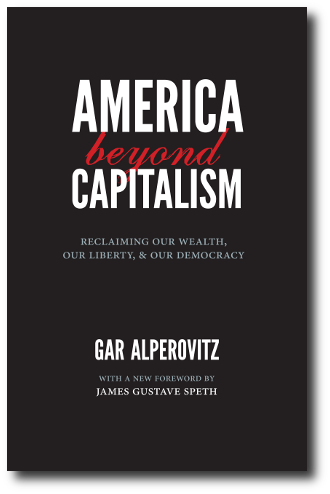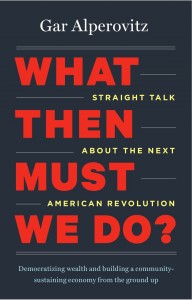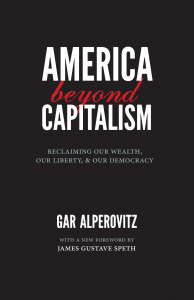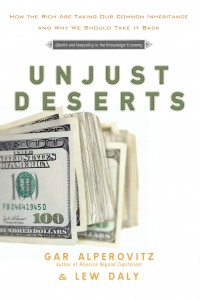The New York Times’ Room For Debate recently featured an exchange around the question Are Big Banks Out of Control? My contribution to the debate follows (originally posted here):
Nationalize Banks That Overwhelm Regulation
The announcement of a settlement with JPMorgan Chase in connection with the Bernie Madoff Ponzi scheme brings into focus one of the most important, if unexpected, strategic ideas of the early, highly conservative Chicago School of Economics. The key judgment: Contrary to the conventional wisdom calling for stronger regulation, a number of early conservative economists held that some institutions were simply too big and too powerful to regulate. They would always find a way around government efforts to keep them in line in connection with certain critical economic issues. George Stigler, for one, received a Nobel Prize for illuminating the institutional power relations involved in what is commonly referred to as “regulatory capture” — the informal way in which regulations always get watered down sufficiently so that somehow things tend to slip through the cracks.
If regulation was likely to fail to solve problems like those involved in the Madoff scheme, what then might be done with very large institutions? An alternative — now being urged by several Senators is that very large institutions be broken up. The problem here, a number of the Chicago School leaders pointed out, was that the anti-trust process was also commonly taken over by the large institutions. Milton Friedman later came to the same basic judgment. Furthermore, once broken up, significant institutions have a way of reconsolidating power, and are commonly soon back operating at the same scale or larger (as anti-trust efforts in connection with Standard Oil and AT&T also demonstrate.)
Friedman’s revered teacher H.C. Simons, one of the most important leaders of the Chicago School, faced the dilemma squarely very early on: In cases where neither regulation nor breaking up large entities offered a genuine solution, he argued, “in general…the state should face the necessity of actually taking over, owning, and managing directly…industries in which it is impossible to maintain effectively competitive conditions.”
The essential logic of the Chicago School position is demanding but almost certainly correct, as anyone who has watched how large banks and major corporations work the lobbying process in Washington knows. Clearly, however, to achieve the recommended solution would probably take at least another Madoff failure, and one or more larger financial crises — and would likely be possible after the break-them-up half-way option also failed to offer a solution and public anger could not be managed in any other way.
Read the whole debate: Are Big Banks Out of Control?
 AMERICA BEYOND CAPITALISM
AMERICA BEYOND CAPITALISM



 Agenda
Agenda  Posterboard
Posterboard 